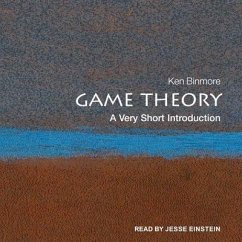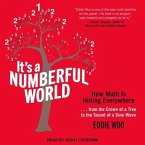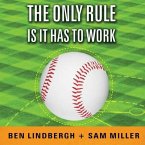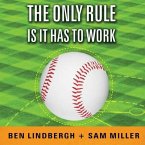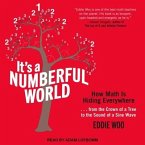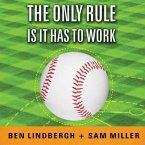Games are everywhere: Drivers maneuvering in heavy traffic are playing a driving game. Bargain hunters bidding on eBay are playing an auctioning game. The supermarket's price for corn flakes is decided by playing an economic game. This Very Short Introduction offers a succinct tour of the fascinating world of game theory, a groundbreaking field that analyzes how to play games in a rational way. Ken Binmore, a renowned game theorist, explains the theory in a way that is both entertaining and non-mathematical yet also deeply insightful, revealing how game theory can shed light on everything from social gatherings, to ethical decision-making, to successful card-playing strategies, to calculating the sex ratio among bees. With mini-biographies of many fascinating, and occasionally eccentric, founders of the subject--including John Nash, subject of the movie A Beautiful Mind--this book offers a concise overview of a cutting-edge field that has seen spectacular successes in evolutionary biology and economics, and is beginning to revolutionize other disciplines from psychology to political science.

